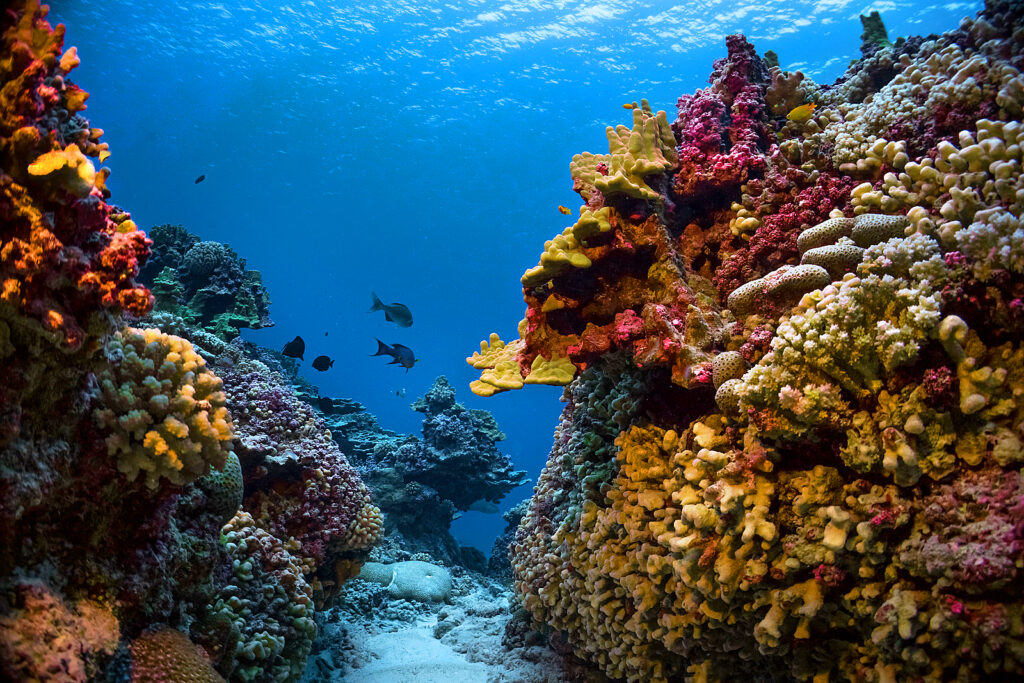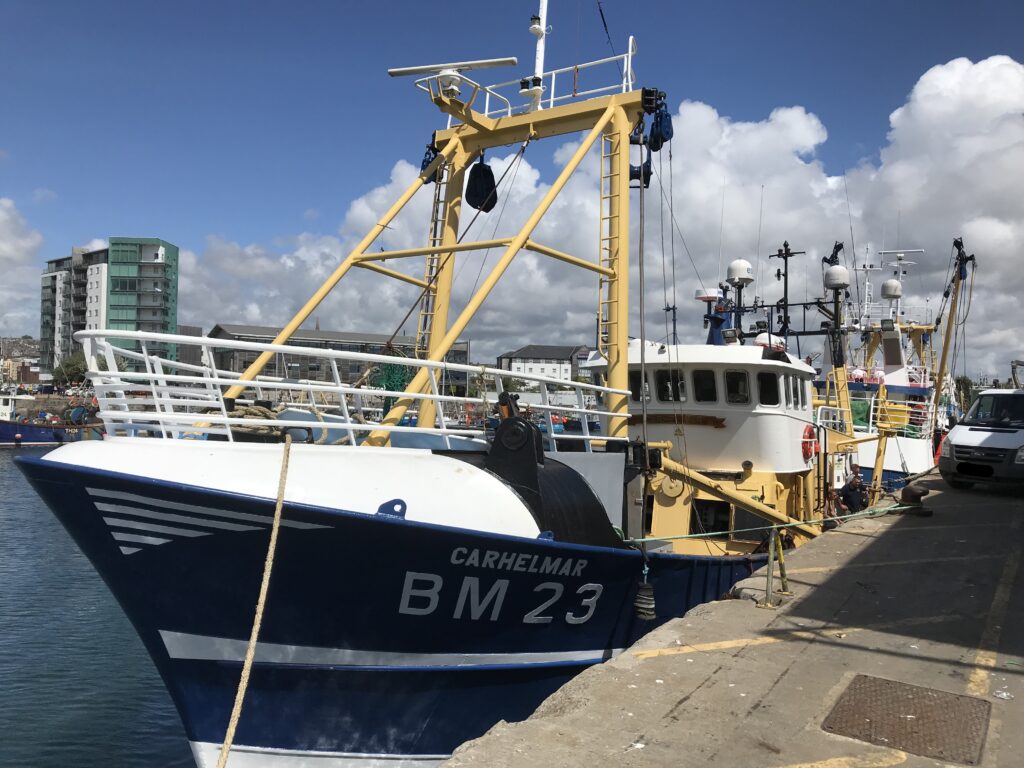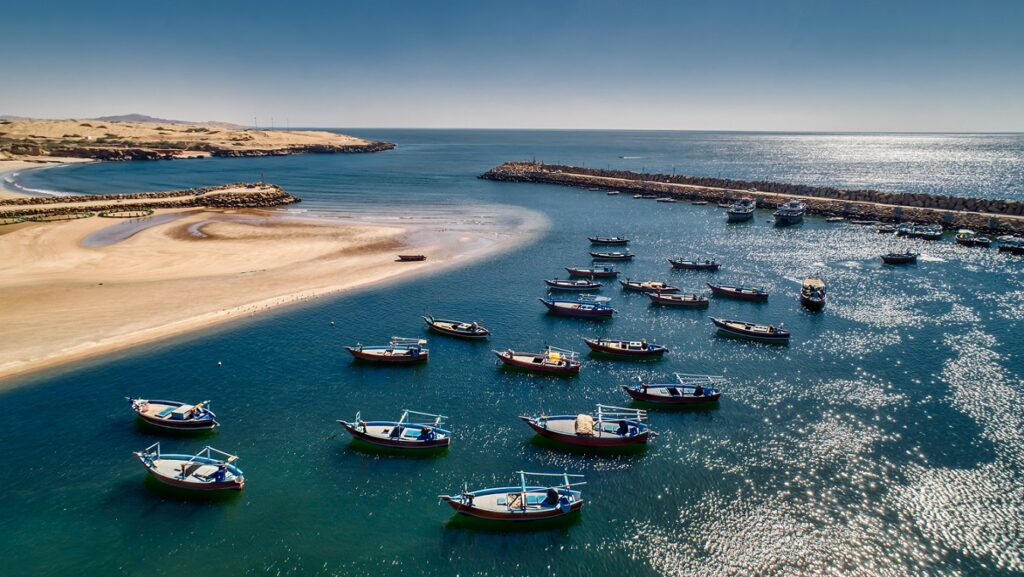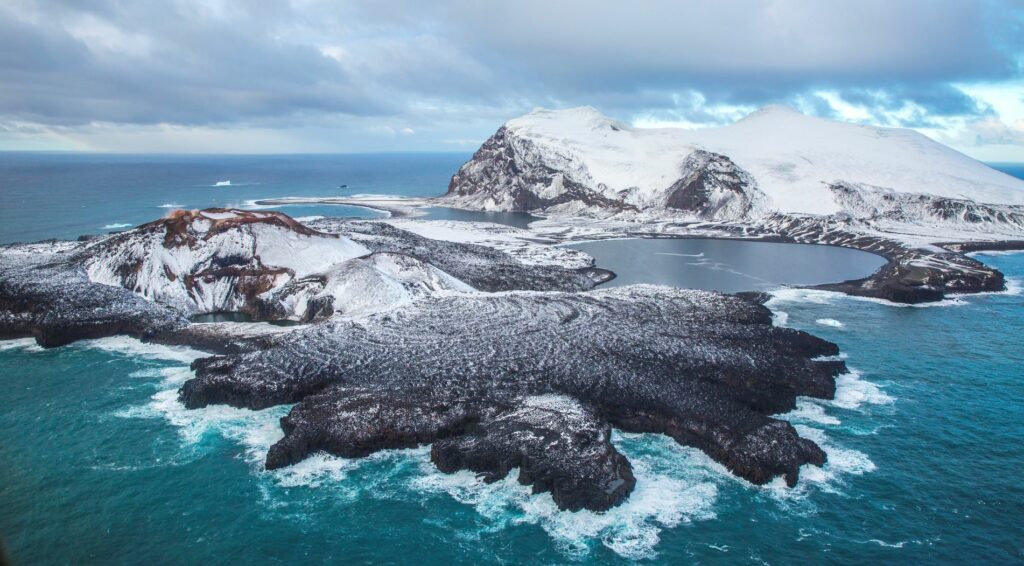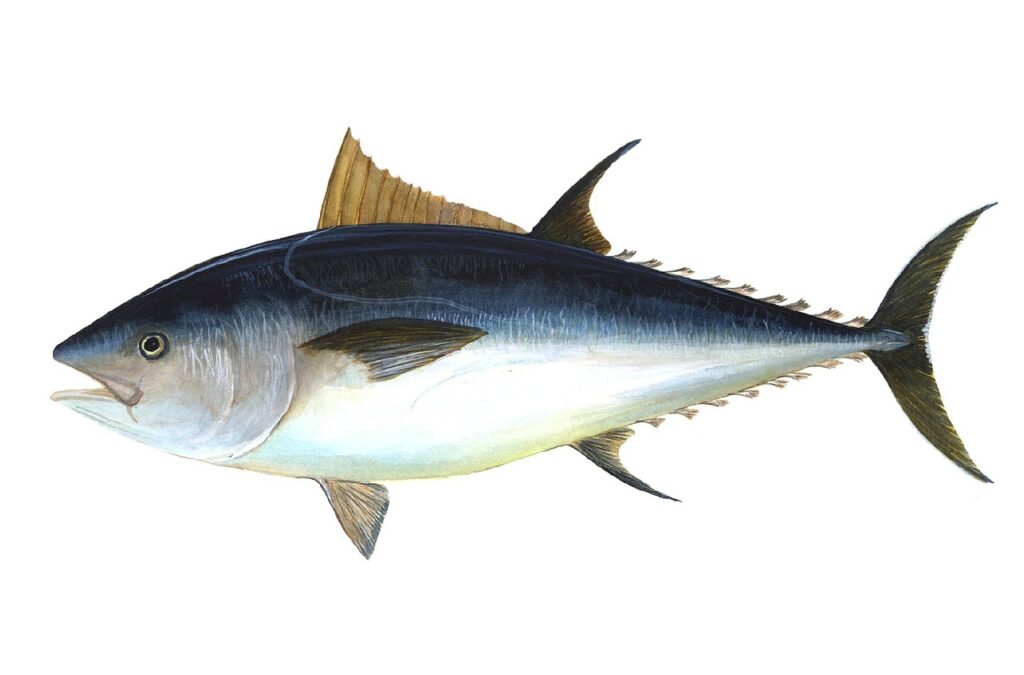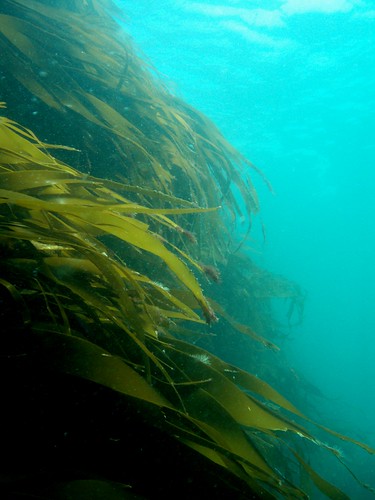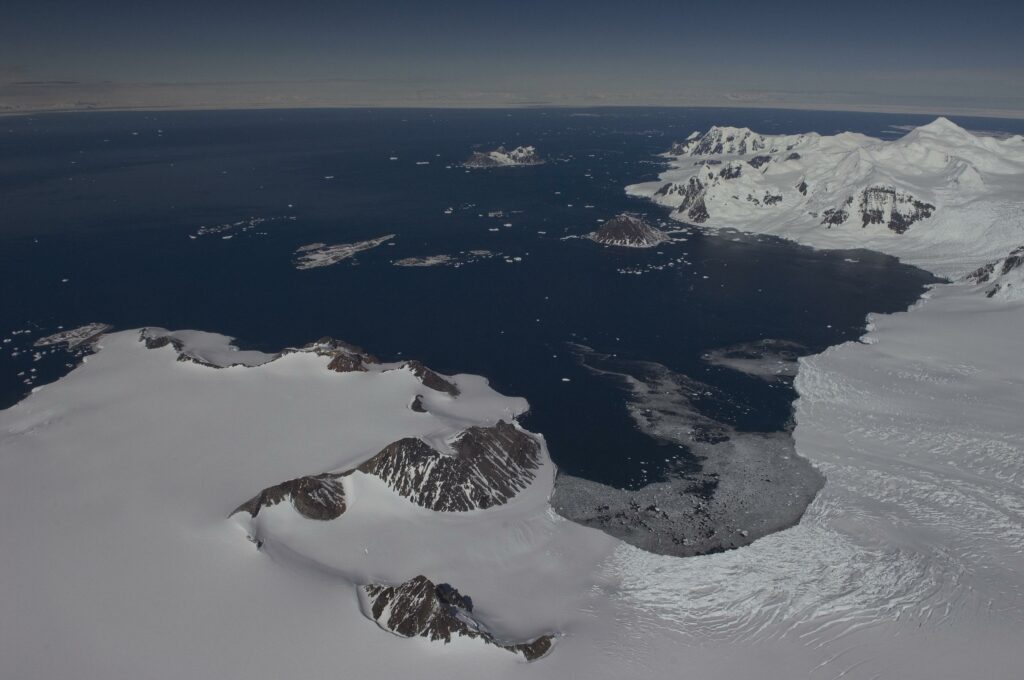Science
Scientists love a bit of data, but it’s not just dry numbers and graphs. To celebrate International Open Data Day on March 5th, Cefas scientists, Michelle Devlin, Chris Read, Naomi Greenwood and Paul Nelson tell us about their work under …
The UK overseas territory of the Pitcairn Islands is one of the most remote in the world. Spanning the four small islands of Pitcairn, Oeno, Henderson, and Ducie, they form part of a remote volcanic outcrop in the Southern …
It's World Fisheries Day! As world leaders in marine and aquatic science with 120 years of fisheries expertise, Cefas will be highlighting the importance of healthy ocean ecosystems and sustainable fisheries stocks across our social media channels. To celebrate, we …
As world leaders meet at the United Nations Framework Convention on Climate Change (UNFCCC) 27th Conference of Parties (COP27) in Egypt this week, Cefas Middle East Programme Director Will Le Quesne discusses the challenge of climate change facing the world’s …
Shaped by ice and fire, the volcanic South Sandwich Islands are a remote sub-Antarctic archipelago that have remained largely uninhabited since their discovery by polar explorers in the 18th century. In winter, sea ice extends northwards across the two hundred …
SMARTFISH H2020 is an international research project which aims to develop, test, and promote a suite of high-tech systems for the EU fishing sector. The goal is to optimise resource efficiency, improve automatic data collection for fish stock assessment, provide …
On 12th December 2018, at 7am, a fish tagging team began fishing on the tuna grounds within St Helena, with the goal of tagging a number of yellowfin and bigeye tuna. The team, including staff from St Helena Government, Stanford …
Following a successful proof of concept year, the Marine Natural Capital and Ecosystem Assessment (mNCEA) programme began on 1 April. What is mNCEA and why is it important Our vision it to create a platform for a thriving marine environment, …
This is the second in a series of short blogs focussing on Cefas’ fisheries science work in partnership with the fishing industry. Cefas Scientist, Rebecca Skirrow, who is the technical lead on Cefas’ Scientific Remote Electronic Monitoring (REM) Programme, is …
In the latest of our blog series on the Global Ocean Wildlife Analysis Network, we hear from Simon Morley at the British Antarctic Survey (BAS) about what this project means for the British Antarctic Territory (BAT). Simon Morley, British Antarctic …

